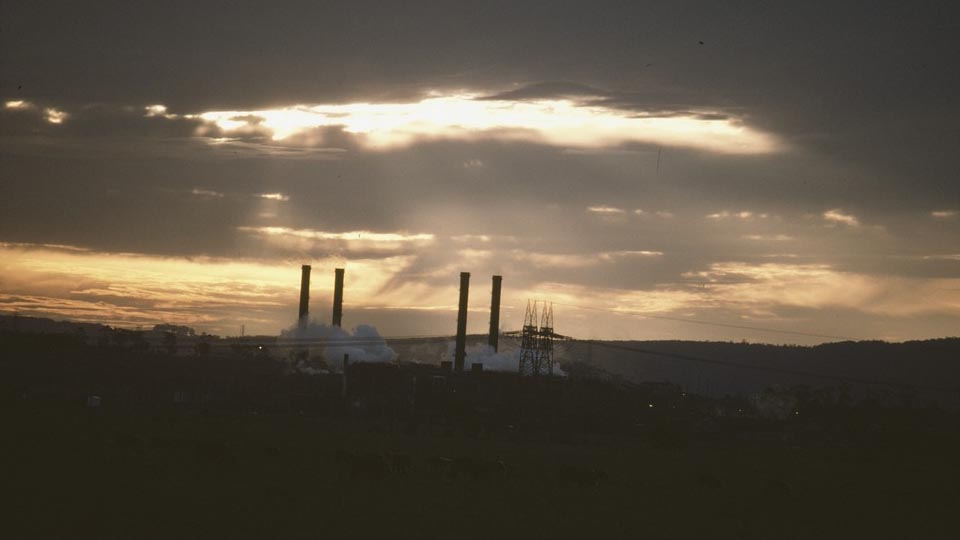
'Melbourne Sunset' by Rennie Ellis.
Feeling hopeless is an understandable response in the face of climate change. In fact, an emerging field of research is focusing on the mental health impacts of our changing climate. This can be in the wake of natural disasters such as floods and bushfires, but also the slower creeping effects of climate change like drought and displacement.
But the biggest environmental threat to life in Australia is the one we hear least about. You perhaps wouldn’t know it, but urban heatwaves are the most fatal kind of natural disaster, killing more people than bushfires, floods or cyclones. Elderly women are the biggest victims, and their deaths could be largely avoidable.
On today’s show we’re investigating the disproportionate impacts climate change will have on already vulnerable populations in Australia. Specifically we’ll be hearing about how marginalisation due to mental illness, age and gender can place people at a greater risk.
Guests: Professor Helen Berry (Climate Change Institute, ANU); Margarita Windisch.
This weeks' show is #1043 and was produced by Teishan Ahearne.
Image credit: 'Melbourne Sunset(link is external)' by Rennie Ellis, c. 1970s.
Bec Horridge, Claudia Craig & Mia Audrey.